ZAMBOANGA DEL NORTE, September 27, 2022- In preparation for Phase 2, the Department of Agriculture- Special Area for Agricultural Development (DA-SAAD) held consultation meetings for newly selected municipalities in Zamboanga Sibugay, Zamboanga del Sur, and Zamboanga del Norte.
The consultation with new municipalities commenced for SAAD Region 9 in September 2022. Fourteen (14) municipalities from Zamboanga del Sur and Zamboanga Sibugay, and 10 from Zamboanga del Norte are set to receive social preparation activities in the first year of Phase 2 implementation. This involves program orientation, organizational management training, and assistance in registration with the Department of Labor and Employment (DOLE), among others.
Selection of the target municipalities for Phase 2 prioritizes 5th and 6th class municipalities, and the top third of the municipalities with the highest poverty incidence in the country. Municipalities eligible for the long listing will then be shortlisted by the regional office in terms of:
- updated poverty statistics, based on the Philippine Statistics Authority’s (PSA) 2018 full year official poverty statistics
- Income classification of families, based on Volume II of the 2018 Family Income and Expenditure Survey (FIES)
- Community-based monitoring system (CBMS) data
- Vulnerability of poor provinces to natural hazards
- Department of Local and Interior Government (DILG) recommendations on area coverage
- Number of low-income families as certified by PSA
- Covered land areas (agricultural and fishing communities)
- Survival (food and nutrition; incidence of severely and moderately underweight children below 5 years old)
- Health, water and sanitation, clothing, shelter, peace and order
- National Nutrition Council List of with high malnutrition incidence
For Region 9, municipalities considered for SAAD Phase 2 projects recorded a poverty incidence between 28.1% to 62% according to PSA data in 2018. Areas unreached by the banner programs or other assistance such as geographically isolated and disadvantaged areas (GIDAs), End-Local Communist Armed Conflict (ELCAC) areas, and Indigenous People (IP) communities are considered to distribute opportunities for livelihood.
Participants were welcomed by Alternate Focal Person and Zamboanga del Norte Agricultural Provincial Coordinating Officer (APCO) Mr. George Vallente through an overview of SAAD implementation.
He shared that under Phase 1, SAAD covered 34 municipalities from the provinces of Zamboanga del Norte and Sulu wherein livestock and poultry raising comprised the main projects which generated income for the beneficiaries.
The activity also served as an orientation where SAAD Action Officer Mr. Alrashid Salim introduced the program to the newly qualified municipalities.
Mr. Salim emphasized that the program sources its funds from the country’s annual budget, and is a special program of the DA not included in the banner programs focused on helping to alleviate poverty among the marginalized sector in farming and fishing communities. He then expounded on the composition of each major component:
- Program Management – includes formulation of plans and budget, structure of the SAAD organization, coordination with local government units (LGUs), agencies, and other stakeholders;
- Social Preparation- such as community organizing, capability building, project orientation, and consultation workshops and meetings;
- Production and Livelihood- where availability of agri- inputs within the locality such as machinery, tools, and equipment, among others is a crucial factor; and
- Marketing Assistance and Enterprise Development- includes local market study, technical training based on community needs, value- adding, provision of logistics support, and audit of livelihood enterprises.
Furthermore, production and livelihood of rice, corn, high value crops, livestock, and poultry activities as experienced during the Phase 1 are the staple commodities aligned for targeting in the Phase 2 implementation.
Mr. Salim also highlighted that registration to the Registry System for Basic Sectors in Agriculture (RSBSA) opens more opportunities to the farmers since the system provides easy access to tracing local farmers and paves a venue for receiving grants and subsidies from the national government.
Zamboanga Sibugay
On September 6, 2022, Zamboanga Sibugay province through the Office of the Provincial Agriculturist Officer-in-charge (OIC) Mr. Wesley Sayson attended the consultation meeting held in Sanito, Ipil. Present during the social preparation were the municipalities of Imelda, Olutangga, Talusan, and Mabuhay.
Mayor Roselyn V. Silva of Imelda and Vice Mayor Joval John Samonte of Mabuhay expressed their gratitude for engaging with SAAD implementation not only for 2023 but for succeeding years as well.
“Being one of the identified recipients, we welcome more agri-interventions from the SAAD Program to our municipality,” stated Mayor Silva. However, projects on rice, corn, high value crops, livestock, and poultry are considered fit for the province, with low priority for swine due to the African Swine Fever (ASF).
Zamboanga del Sur
On September 8, 2022, SAAD Region 9 pursued consultation for the province of Zamboanga del Sur (ZamSur) beneficiaries. Municipalities of Josefina, Tabina, Tigbao Sominot, Dinas, San Miguel, Lakewood, Pitogo, Vicenzo Sagun, and San Pablo were participative and eager to receive information on the projects and services from SAAD.
Local chief executives in ZamSur joined in the consultation. Mayor Danilo Taucan of San Pablo and Mayor Catalino Adapon committed to identify the specific needs in their locality upon further assessment.
The event concluded with a commitment from the fourteen municipalities to provide a profile of the beneficiaries and a list of project proposals this September 2022.
Zamboanga del Norte
The consultation for Zamboanga del Norte happened on September 14, 2022 in Dipolog City.
During the event, APCO Vallente, called for continuous close coordination with the LGU for the implementation in the next six years.
“The SAAD Program is extended even with the changes of the administration because they have seen the transformation of our farmers’ livelihood through SAAD,” he stated.
Vallente also reminded them to align the livelihood proposals for the farmers that best fit them, and that can really help improve their income.
Due to the experiences of the previous years in Phase 1, the beneficiary of the first year of SAAD Program in Phase 2 will be limited to one FA in one barangay per municipality to make sure that an enterprise will be established and to assure the close monitoring of the project in every municipality.
In choosing beneficiaries, Vallente encouraged the LGU representatives to prioritize Indigenous Peoples (IPs) in giving livelihood projects to help them improve their income.
The representatives from 10 municipalities agreed to submit their project proposal by the end of September 2022.
Once SAAD Region 9 receives the proposals, their feasibility, cost and benefit analysis, return of investment, and immediate impact to farmer beneficiaries will be considered prior to the approval of the project. ###
Writers:
Ma. Trinee A. Tibud, DA-SAAD Region 9 Report Officer
Aimee Lou D. Madjus, DA-SAAD Region 9 Information Officer

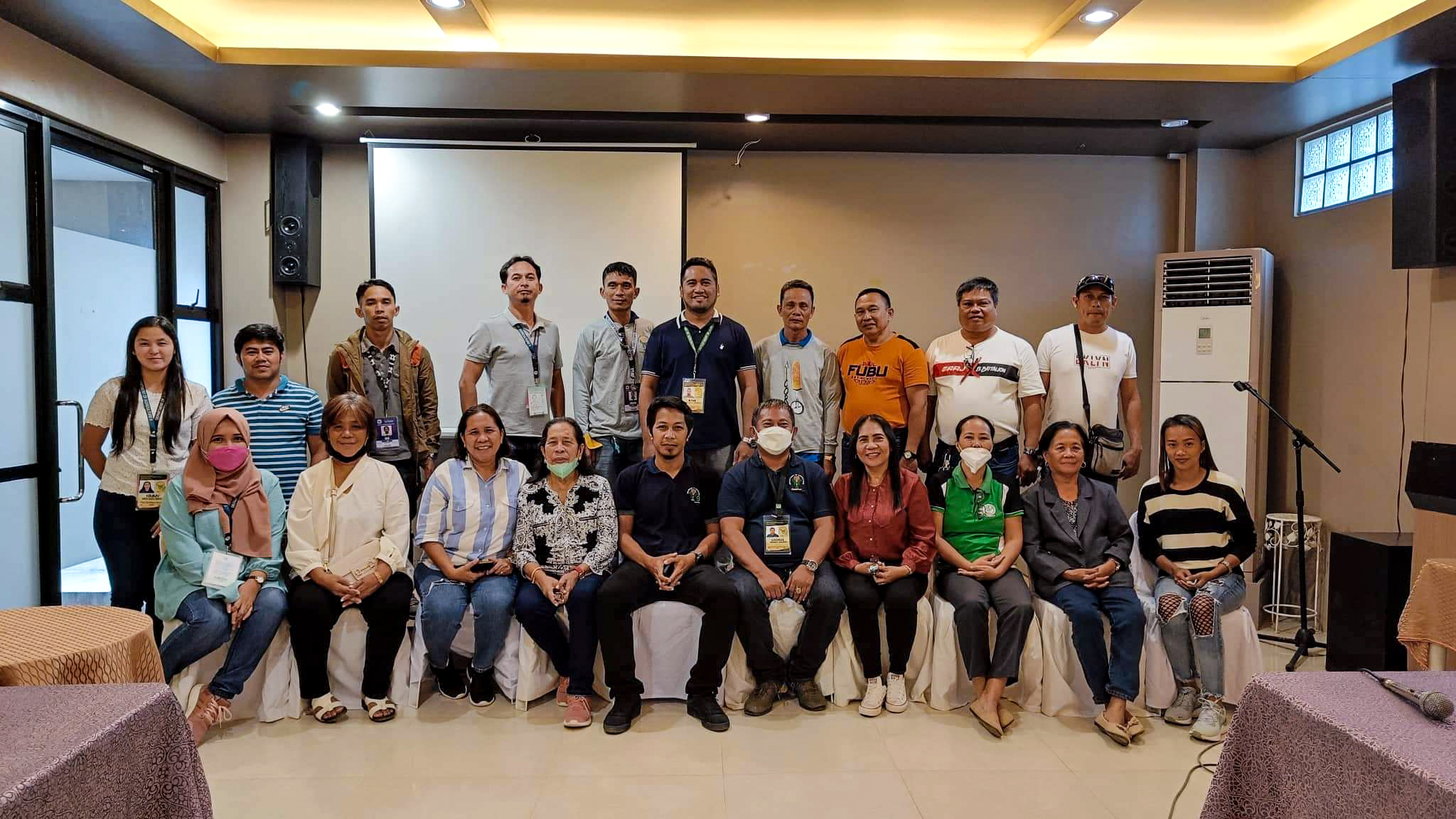
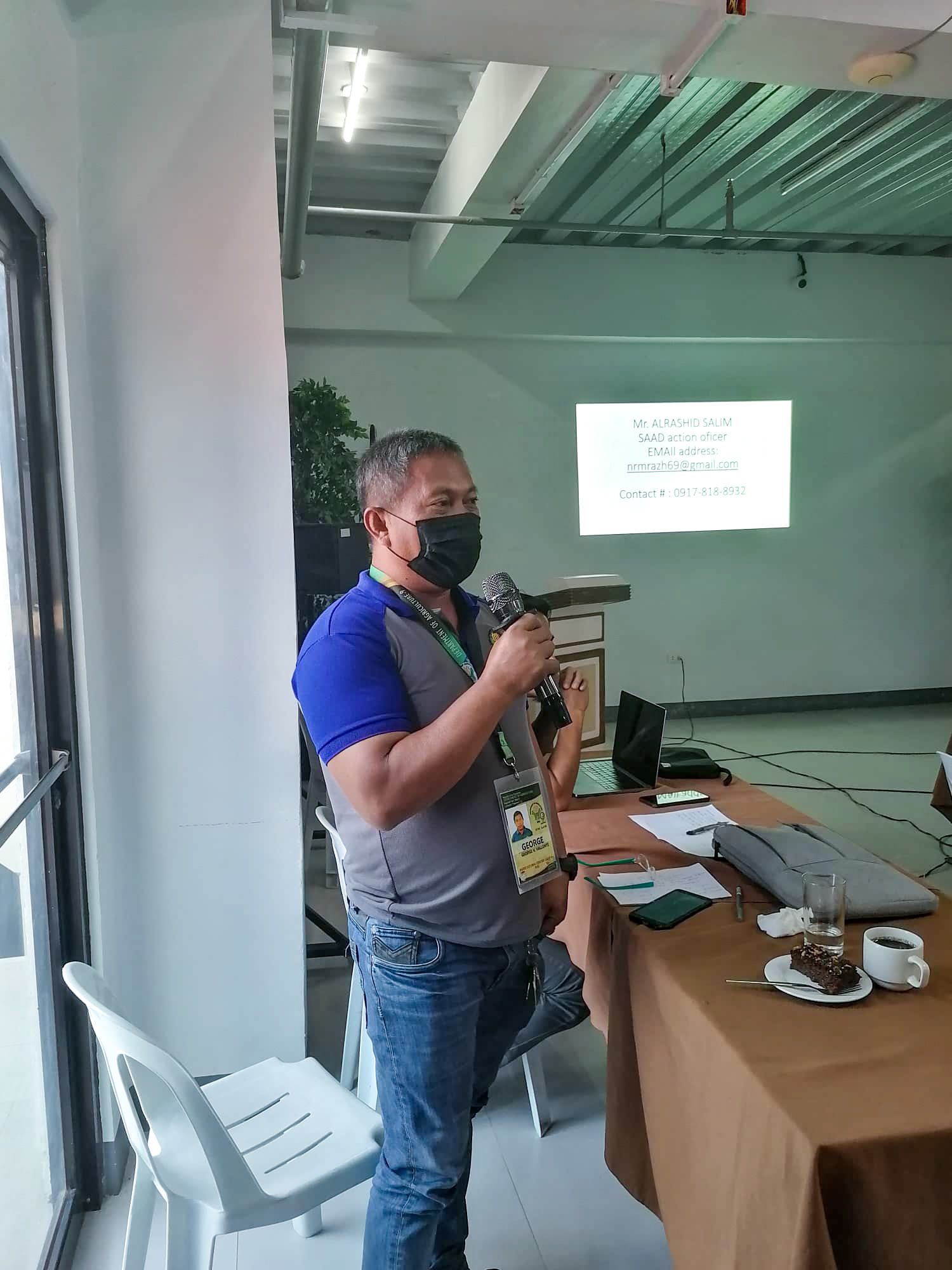
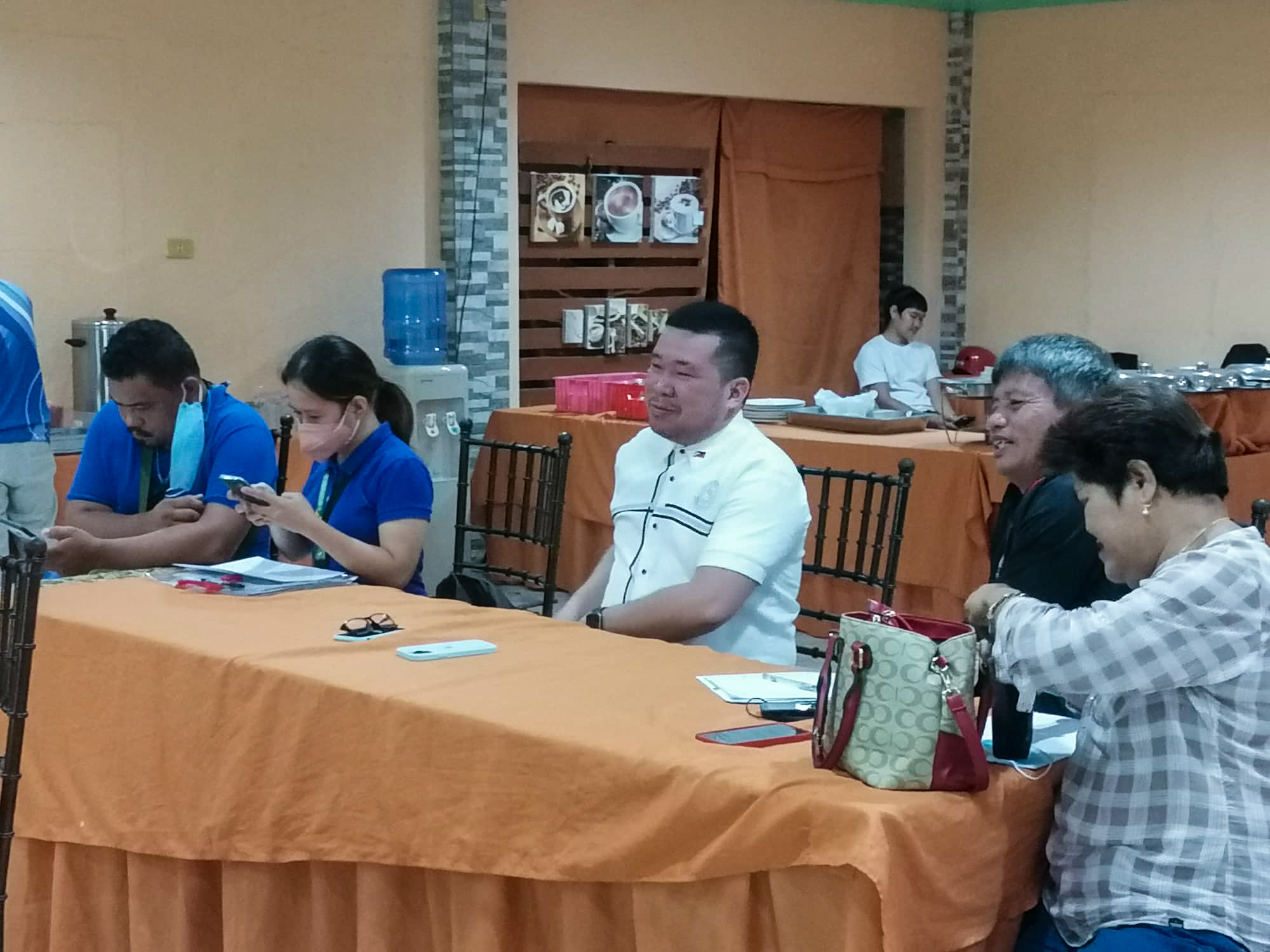
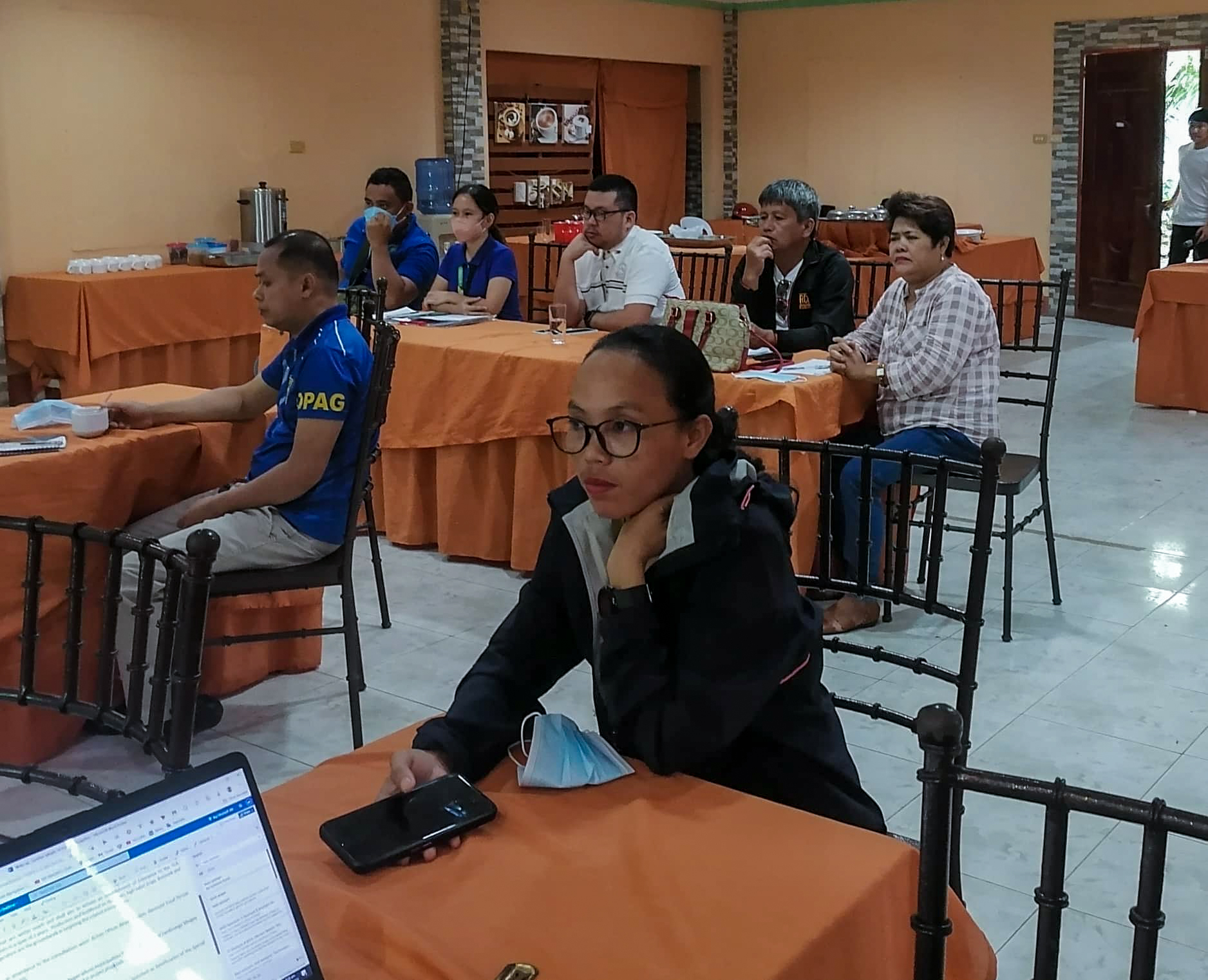
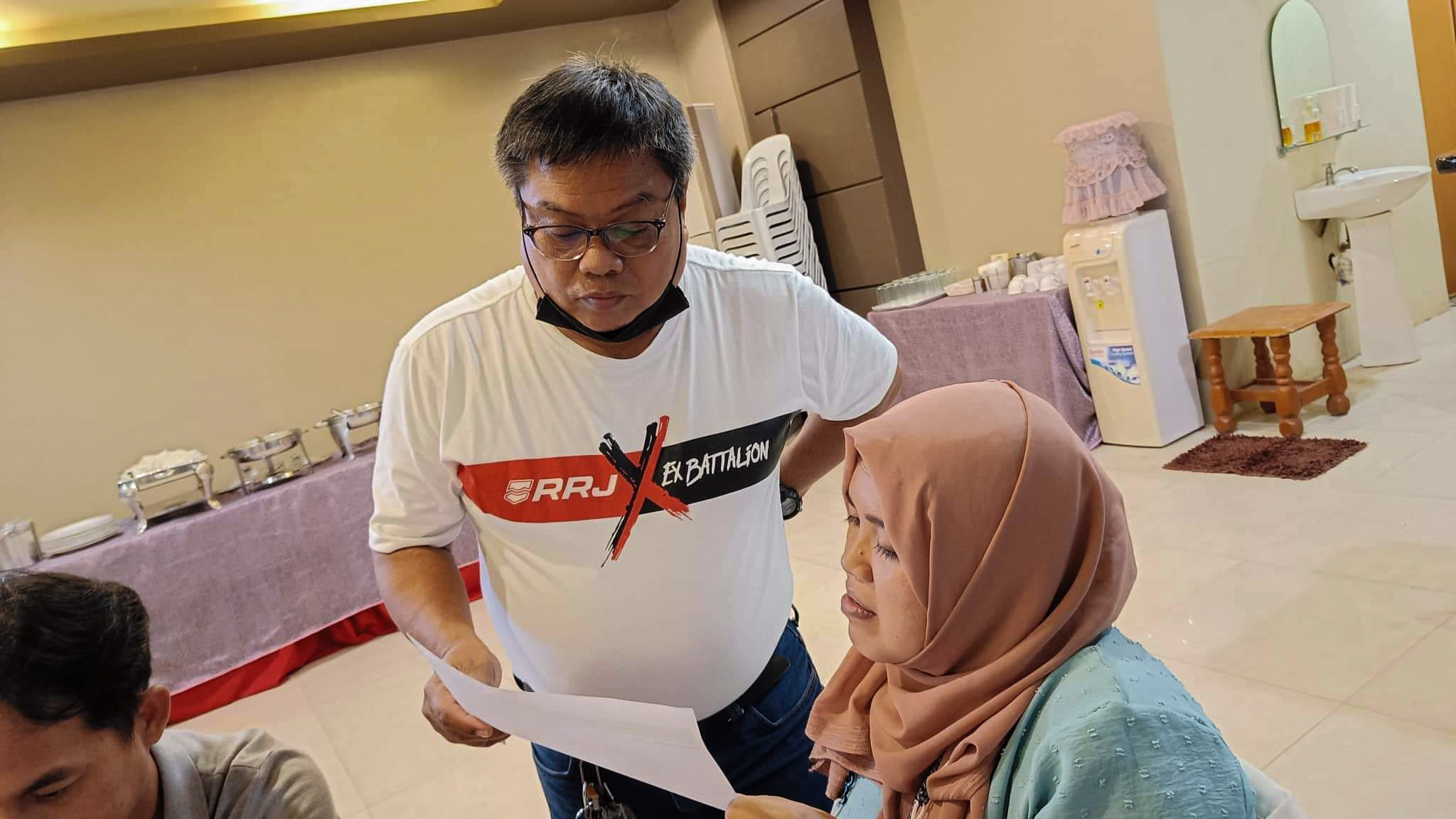
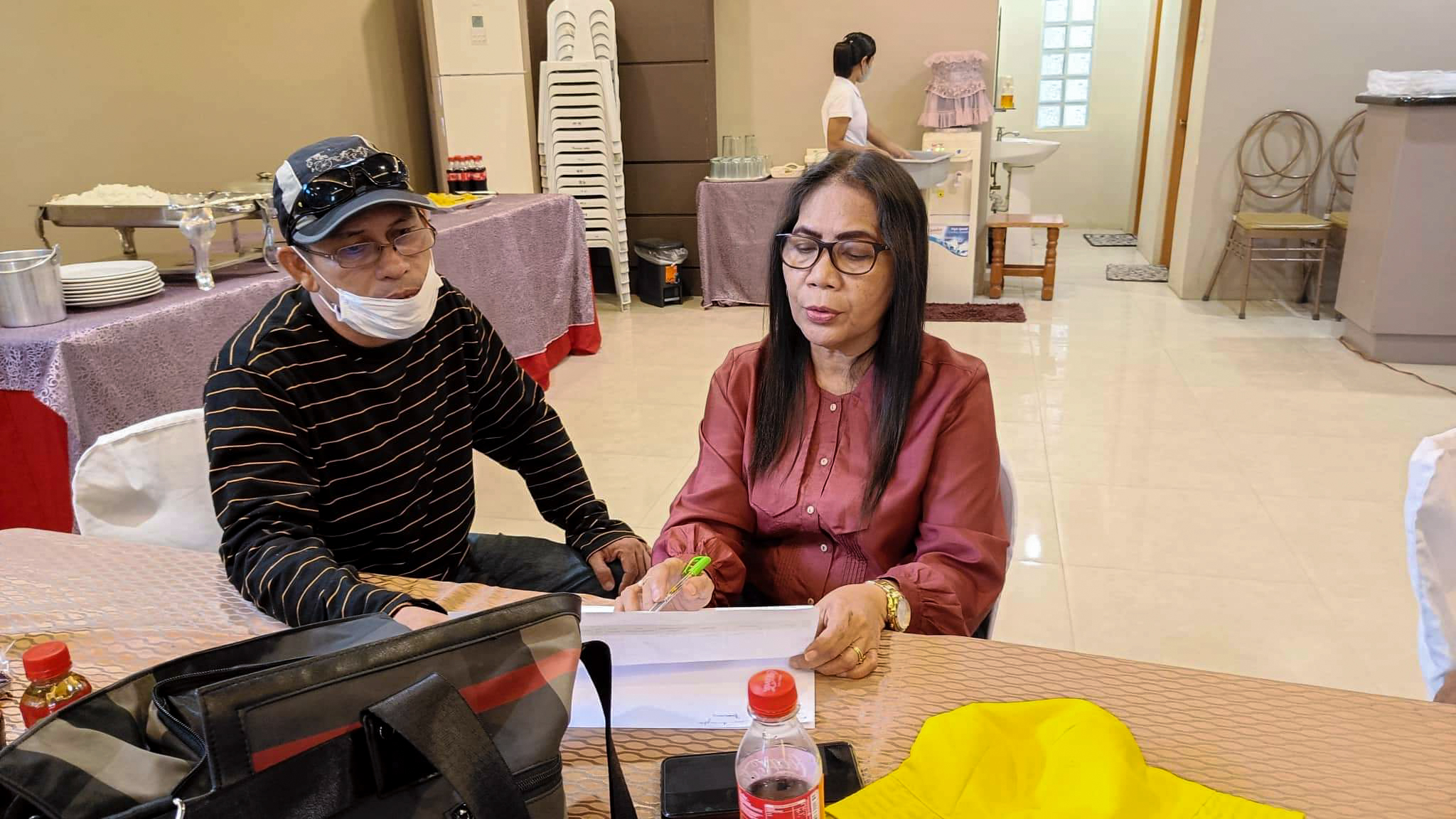
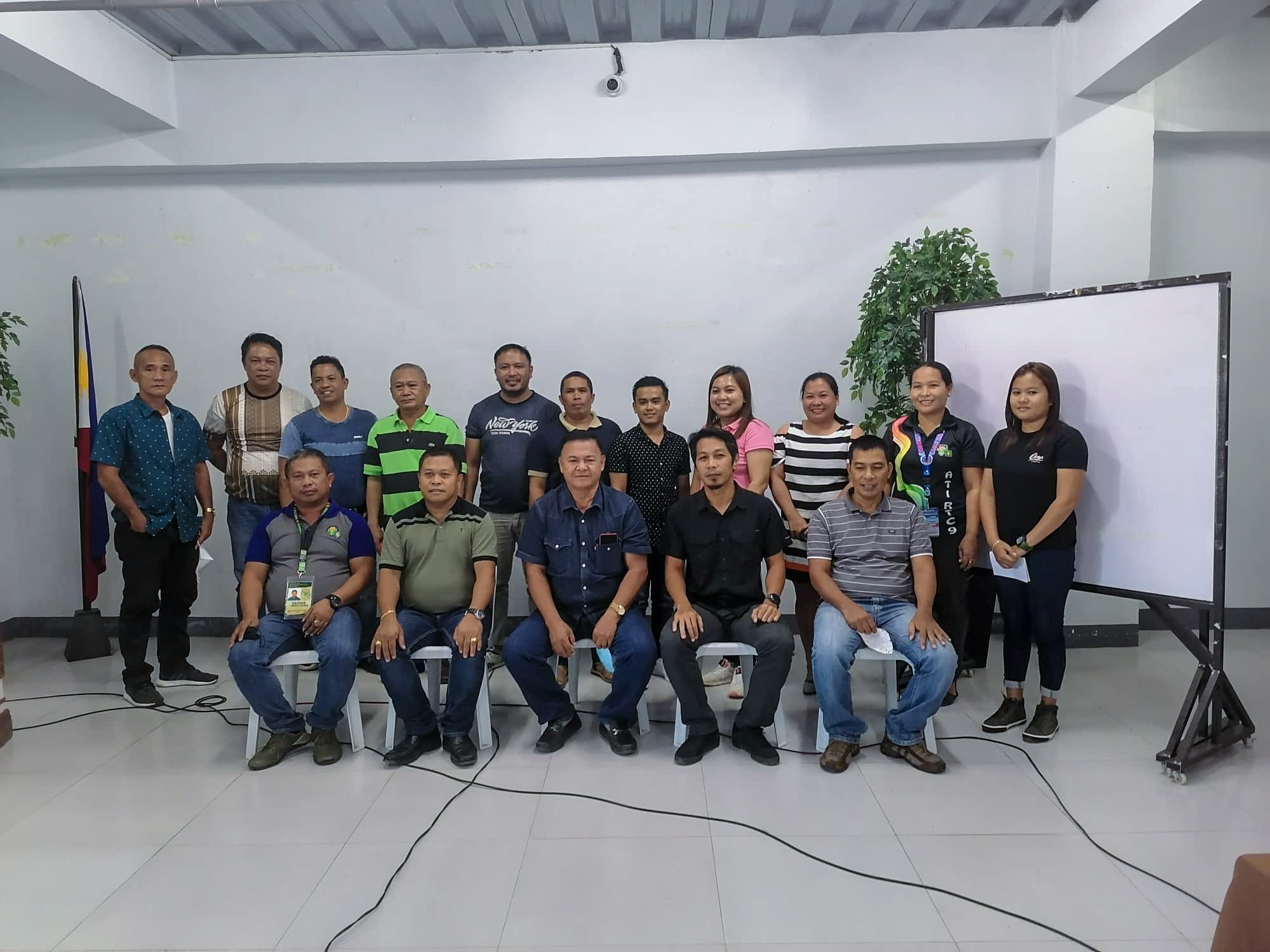
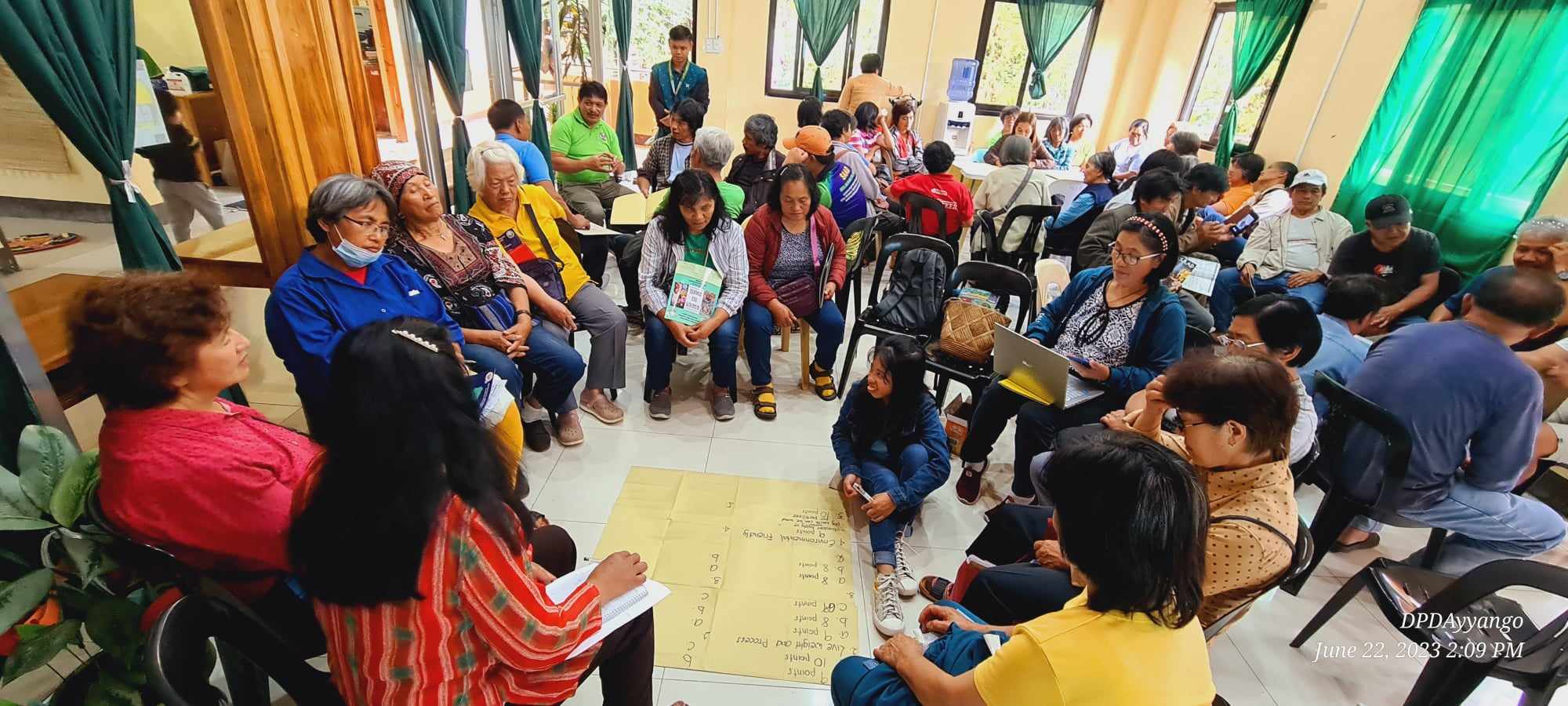
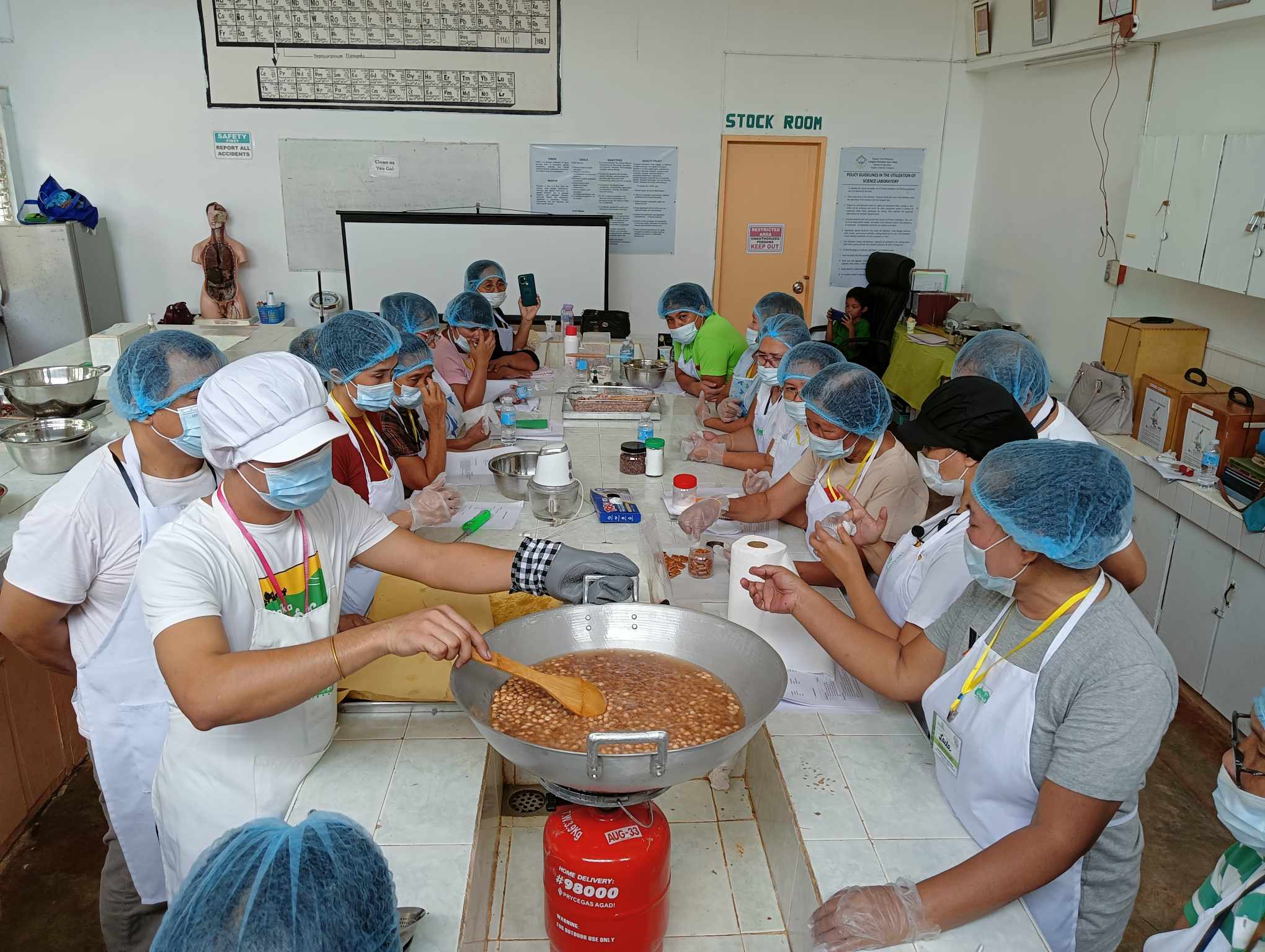
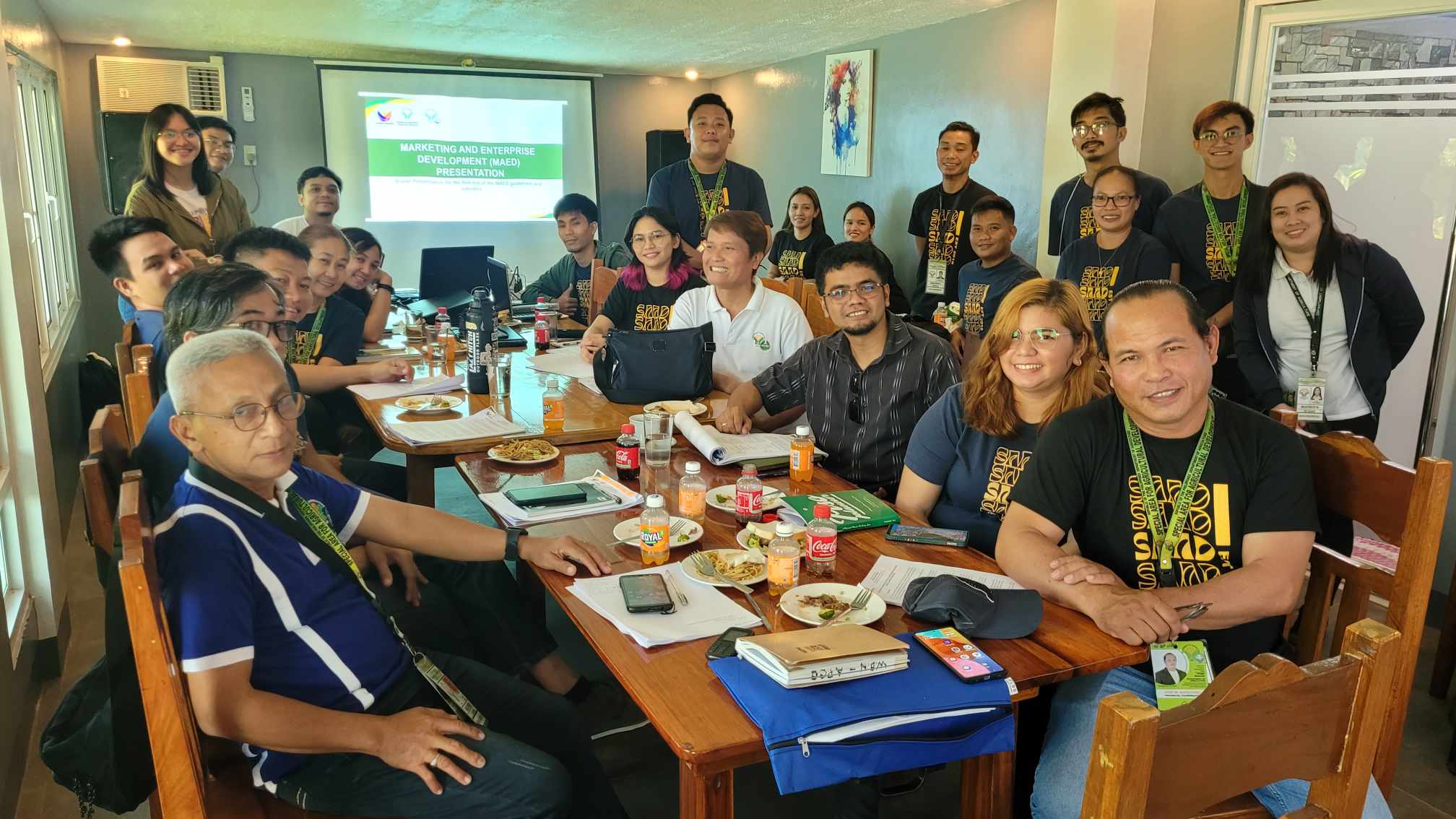
This Post Has 0 Comments